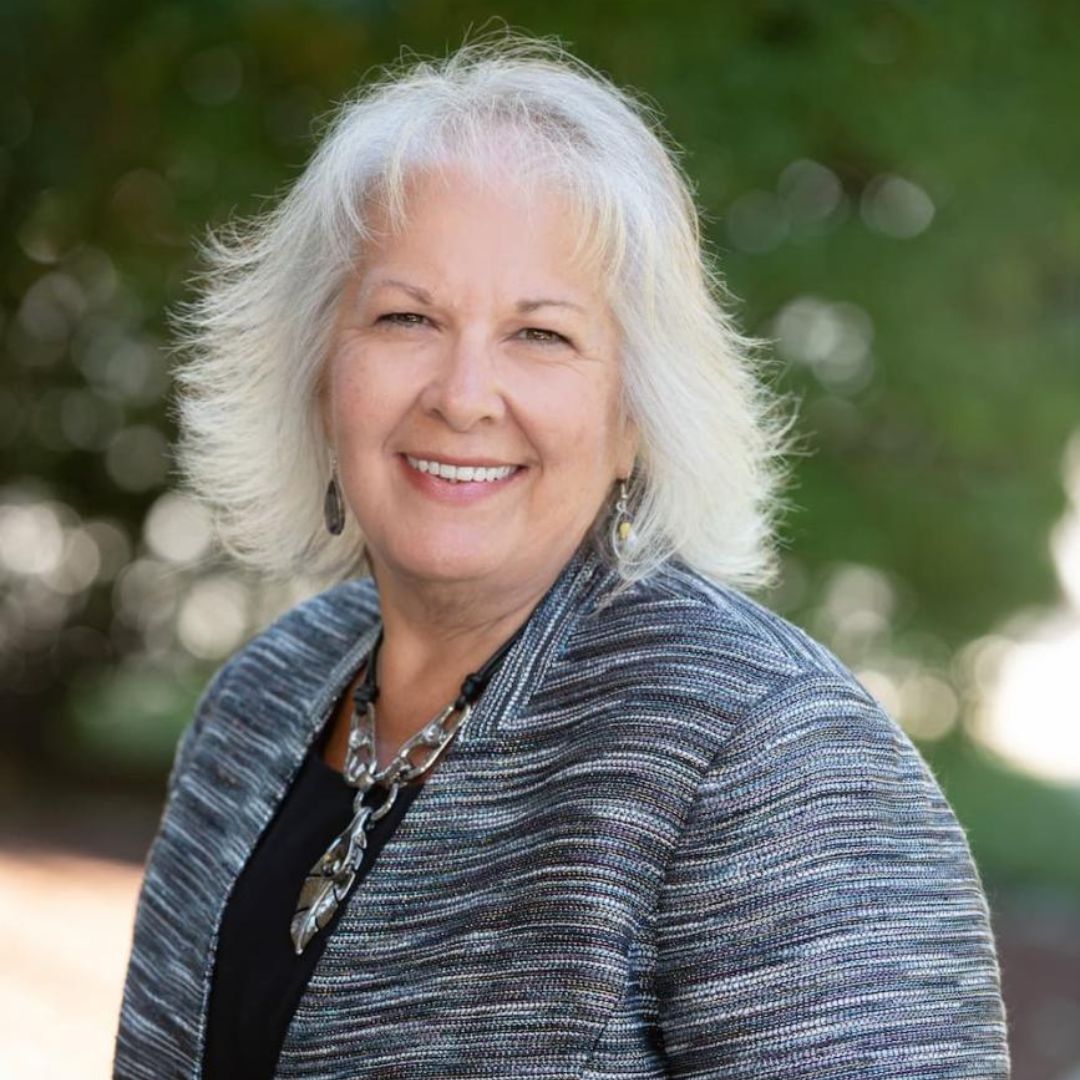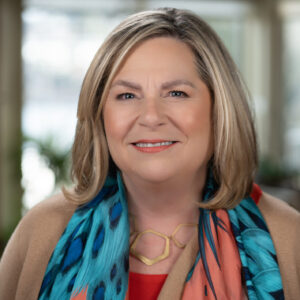How New Directors of Nursing Can Navigate Challenges
The Director of Nursing (DON) role is an inherently challenging one, but those who find themselves newly appointed to a DON role in a senior care community face extra and new challenges. From adhering to new regulations to navigating staffing shortages, DONs must successfully balance many responsibilities and priorities while ensuring residents receive quality care.
The Challenges Newly Appointed DONs Face Today

Donna Starliper, RN, CNDLTC, NHA, RAC-CT
The senior care industry has changed tremendously in recent years, bringing new challenges for administrators. Donna Starliper, RN, CNDLTC, NHA, RAC-CT, has previously served as the Director of Nursing at a continuing care retirement community in Pennsylvania. Currently, she runs a DON mentorship program at Friends Services Alliance in Blue Bell, Pennsylvania. “Healthcare is always changing,” she explains. “As a DON, you are challenged to implement new regulations and guidance while maintaining current practices. In addition to keeping up with the changes, you are responsible to ensure your team is qualified and quantified. Meaning, can your team provide competent, quality care and do you have the number of team members you need to provide care for the resident acuity in your building?”
One of the most pressing challenges DONs face is managing staffing shortages. “Newly appointed directors must quickly learn to navigate these shortages while maintaining high standards of care,” says Kasey Devine, vice president of strategic growth at Procare HR.
Due to staffing shortages, DONs must compete for qualified team members. “Staff are more transient and often will move from one employer to another, depending on what ‘the nursing home down the street’ is offering,” Starliper explains. She notes that senior care communities must look for ways to be competitive without offering things they can’t deliver. “We need to think outside the box when it comes to staffing, but remain consistent and fair,” she notes.
Devine explains that new DONs face several additional challenges. They must quickly familiarize themselves with state and federal regulations to avoid penalties and keep the facility operating legally. Additionally, when transitioning into a leadership role, DONs must build trust and rapport with staff. “New directors must balance being authoritative leaders and supportive team members,” he says.
Tips for Newly Appointed DONs

Kasey Devine, vice president of strategic growth at Procare HR
Devine recommends that newly appointed DONs prioritize communication. “Establish clear, open lines of communication with your team,” he advises. “Regular meetings and transparent updates can help build trust and cohesion.” He also encourages DONs to use technology to support care management, staff scheduling, and regulatory compliance efforts.
“Give yourself time,” recommends Starliper. “You need to learn to walk before you run.” She recommends that a DON start by creating a list of areas to focus on, prioritizing those with the biggest impact on the department and residents.
“Give yourself grace,” she says. “You will make decisions that at the time looked like the right thing to do. Those knee jerk decisions don’t always work out like you had hoped.”
She also encourages DONs to give themselves support. “Surround yourself with staff who have different strengths and talents than you do, but who have the same core values important to building your team and caring for your residents,” says Starliper.
Resources for Struggling Newly Appointed DONs
If a newly appointed DON is struggling in their job, Starliper recommends they look for a mentor to work with individually, or reach out to local DONs and create a support group that meets routinely — ideally monthly. “Discuss challenges and struggles each of you are facing,” Starliper says. “Make it a safe environment for you all to share. Come up with some common areas of challenges and invite local speakers to come and discuss those topics.”
Mentorship programs provide individualized support, and can help DONs navigate their new role. A good mentorship program will have objectives without being a cookie-cutter program. “Every DON is different and comes with varied knowledge and experiences,” Starliper explains. “A good program should build around the DON.” When running her mentorship programs, Starliper asks the DONs to complete a self-assessment tool before the initial meeting, which gives her ideas of where each DON is and what they hope to accomplish through mentorship.
To find a good mentorship opportunity, Starliper recommends DONs start by requesting a list of objectives. “Are the objectives included more than just learning regulations and developing policies and procedures?” she posits. “Will you discuss goal setting and soft skills that a DON needs? How individualized is the program? Will they work around your schedule?” Ultimately, a DON should have a conversation with their potential mentor. “You should come out of the initial meeting with a game plan for the first objective to be discussed and a positive feeling about this endeavor,” Starliper explains.
Navigating Challenges as a Newly Appointed DON
Challenges are inherent in the senior care industry, and DONs will certainly face their share. Starliper recommends that DONs focus on smaller steps and actions when faced with big challenges. “There are two things I had on my desk as a DON and later as an Executive Director,” she says. “One was an elephant.” When faced with a challenge, she would look at the elephant and ask herself, “How do you eat an elephant? One bite at a time.” So, she would solve the problem one step at a time.
“The second thing I had on my desk was a small, framed card that said simply, ‘Do the Next Right Thing,’” she says. “I would ask myself, what was the next right thing to do and do that. Both of these small reminders helped me when I met challenges and they both served me well.”

Paige Cerulli is a contributing writer to i Advance Senior Care.
Related Articles
Topics: Executive Leadership , Facility management , Featured Articles , Leadership , Operations , Risk Management











